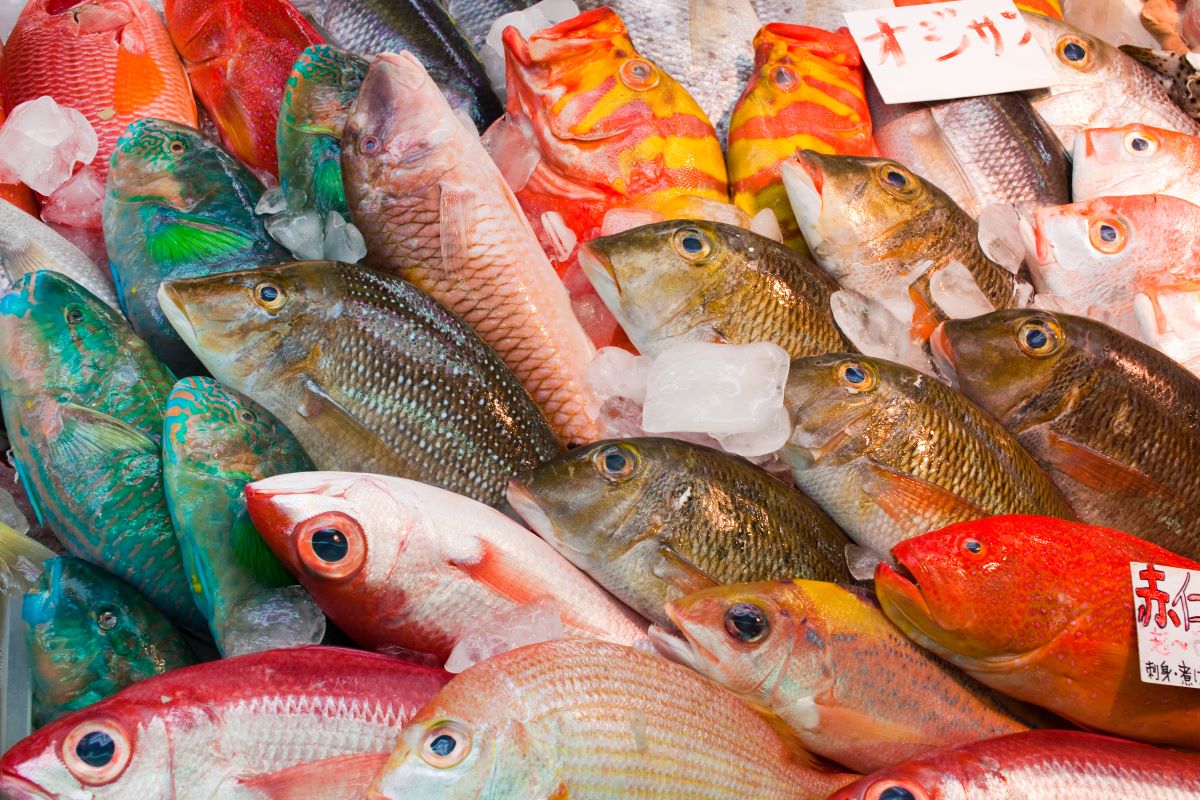The release of treated radioactive water from the Fukushima Daiichi nuclear power plant into the Pacific Ocean has cast a cloud on Japan’s fishing industry. The large volumes of wastewater accumulation in the nuclear plant began with the devasting earthquake and tsunami in 2011.
Last week, China suspended the import of Japanese seafood products for an unspecified period due to this incident. Following China, also Hong Kong initiated an import ban from ten districts near the Fukushima plant.
With rich fishery resources, Japan is one of the leading fishing nations in the world. The country’s marine exports have seen rapid growth. Official data indicates that in 2022, Japan’s marine exports grew 26% over the year to $2.14 bn. Hokkaido’s scallops, Bonito, Salmon, Tuna, Sea Cucumber, Trout, Mussels, and Pearls are some of the key species that Japan exports. Among these, Hokkaido’s scallops and Sea Cucumber are considered exotic seafood and see maximum demand from Chinese consumers.
The nuclear wastewater release is the latest one to hit Japan’s fishing industry which is already grappling with issues like the rising sea temperature and declining catch.
The impact of the seafood import ban by China, Hong Kong
China and Hong Kong, together, account for nearly 40% of Japan’s seafood exports and are likely to create a considerable impact on the sector. The value of Japan’s seafood exports to China had already dropped 23.2% in July over the year to 7.7 bn yen ($52 mn), as the latter had begun radiation testing on sea products. Declining prices and overall uncertainty are adding to the woes. Notably, Japan’s fishing associations had cautioned against this and opposed the release of wastewater that began on August 24.
Analysts are divided over assessing the larger impact of the export ban. Some opine that the seafood export ban may not have a significant effect on trade due to its small share in Japan’s overall exports. At the same time, others believe that China’s blanket ban will make it challenging for Japan to achieve its target of 5 tn yen through its exports of agricultural, forestry, fishery, and food products by 2030. Out of this 1.2 tn yen was targeted for seafood exports. Over 700 Japanese food exporters could be impacted by this.
Considering many tourists visit Japan and show particular interest in the local seafood, a larger impact could be seen on inbound tourism too.
Japan announces stimulus, vows to revive the industry
That said, laboratory checks so far have ruled out any major effect of the water discharge on marine life. The initial testing by Tokyo Electric Power, the operator of the Fukushima plant, revealed that seawater radioactivity was within the limits prescribed by the World Health Organisation. At the same time, the International Atomic Energy Agency (IAEA) indicated that this process would have a “negligible” impact on the surroundings. IAEA Director General Rafael Mariano Grossi informed “We’ll continue to provide transparency with live continuous monitoring throughout the treated water discharge process,” he said. “Our task is just starting — we’re here for the long haul.”
Japan has called out China’s blanket ban and has vowed to revive the fishery and seafood industry. Earlier this week, the Japanese government announced a 20.7 bn yen ($141 mn) emergency fund for exporters hit by the ban. This aid is in addition to the 80 bn yen ($547 mn) fund that the government previously allocated for Japanese fisheries and seafood processing. Japan’s Ministry of Agriculture, Forestry, and Fisheries also aims to restore its annual fish catch volume to 4.4 million metric tons by 2030. It also plans to boost the breeding of new species like the yellowtail and grouper.








 Australia
Australia China
China India
India Indonesia
Indonesia Japan
Japan Malaysia
Malaysia Philippines
Philippines Singapore
Singapore South Korea
South Korea Taiwan
Taiwan Thailand
Thailand Vietnam
Vietnam
 Germany
Germany Hong Kong
Hong Kong USA
USA Switzerland
Switzerland Singapore
Singapore
 United Kingdom
United Kingdom Other / International
Other / International







